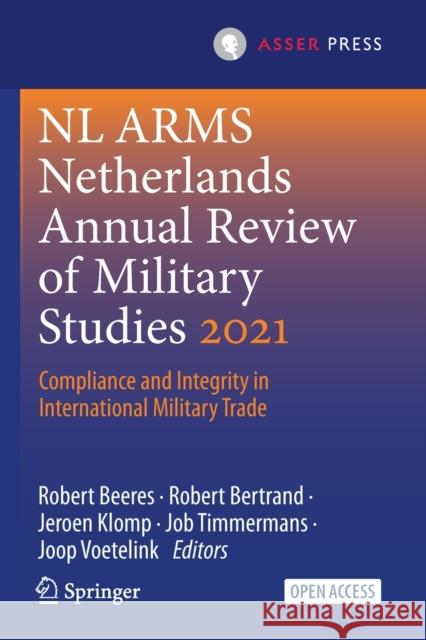NL Arms Netherlands Annual Review of Military Studies 2021: Compliance and Integrity in International Military Trade » książka
topmenu
NL Arms Netherlands Annual Review of Military Studies 2021: Compliance and Integrity in International Military Trade
ISBN-13: 9789462654730 / Angielski / Miękka / 2021 / 264 str.
NL Arms Netherlands Annual Review of Military Studies 2021: Compliance and Integrity in International Military Trade
ISBN-13: 9789462654730 / Angielski / Miękka / 2021 / 264 str.
cena 160,61
(netto: 152,96 VAT: 5%)
Najniższa cena z 30 dni: 154,18
(netto: 152,96 VAT: 5%)
Najniższa cena z 30 dni: 154,18
Termin realizacji zamówienia:
ok. 22 dni roboczych.
ok. 22 dni roboczych.
Darmowa dostawa!
Kategorie:
Kategorie BISAC:
Wydawca:
T.M.C. Asser Press
Seria wydawnicza:
Język:
Angielski
ISBN-13:
9789462654730
Rok wydania:
2021
Wydanie:
2021
Numer serii:
000782381
Ilość stron:
264
Waga:
0.45 kg
Wymiary:
23.39 x 15.6 x 1.73
Oprawa:
Miękka
Wolumenów:
01
Dodatkowe informacje:
Wydanie ilustrowane











